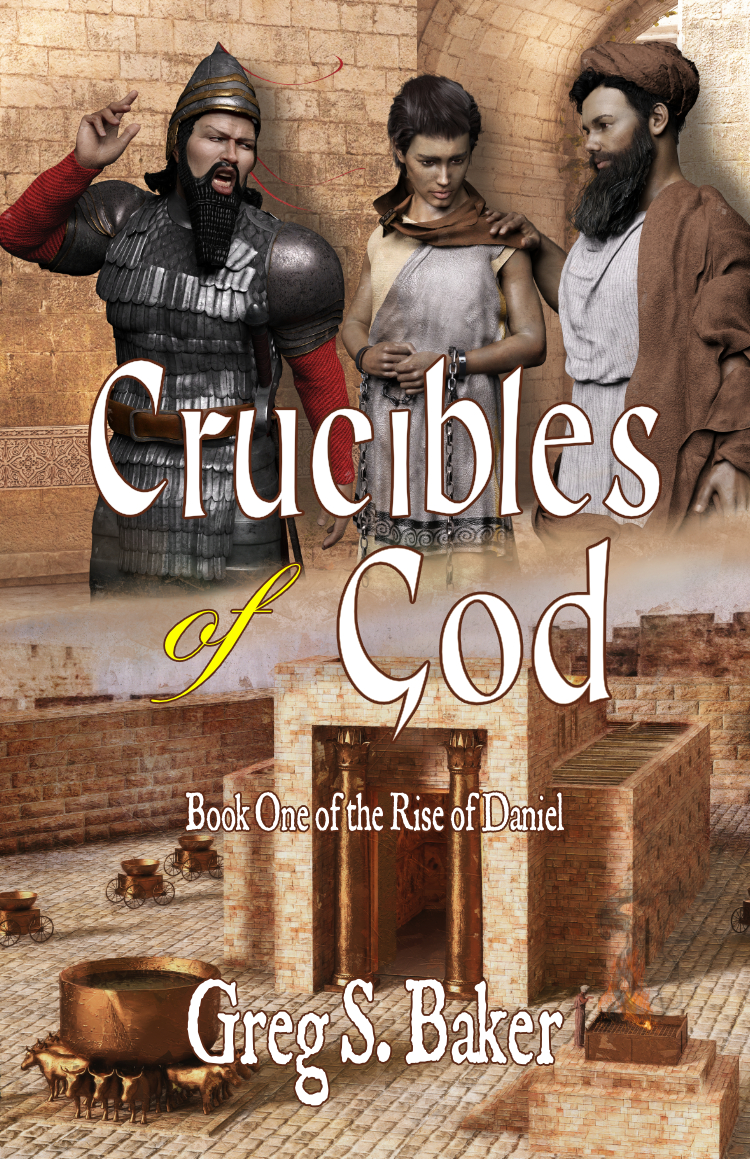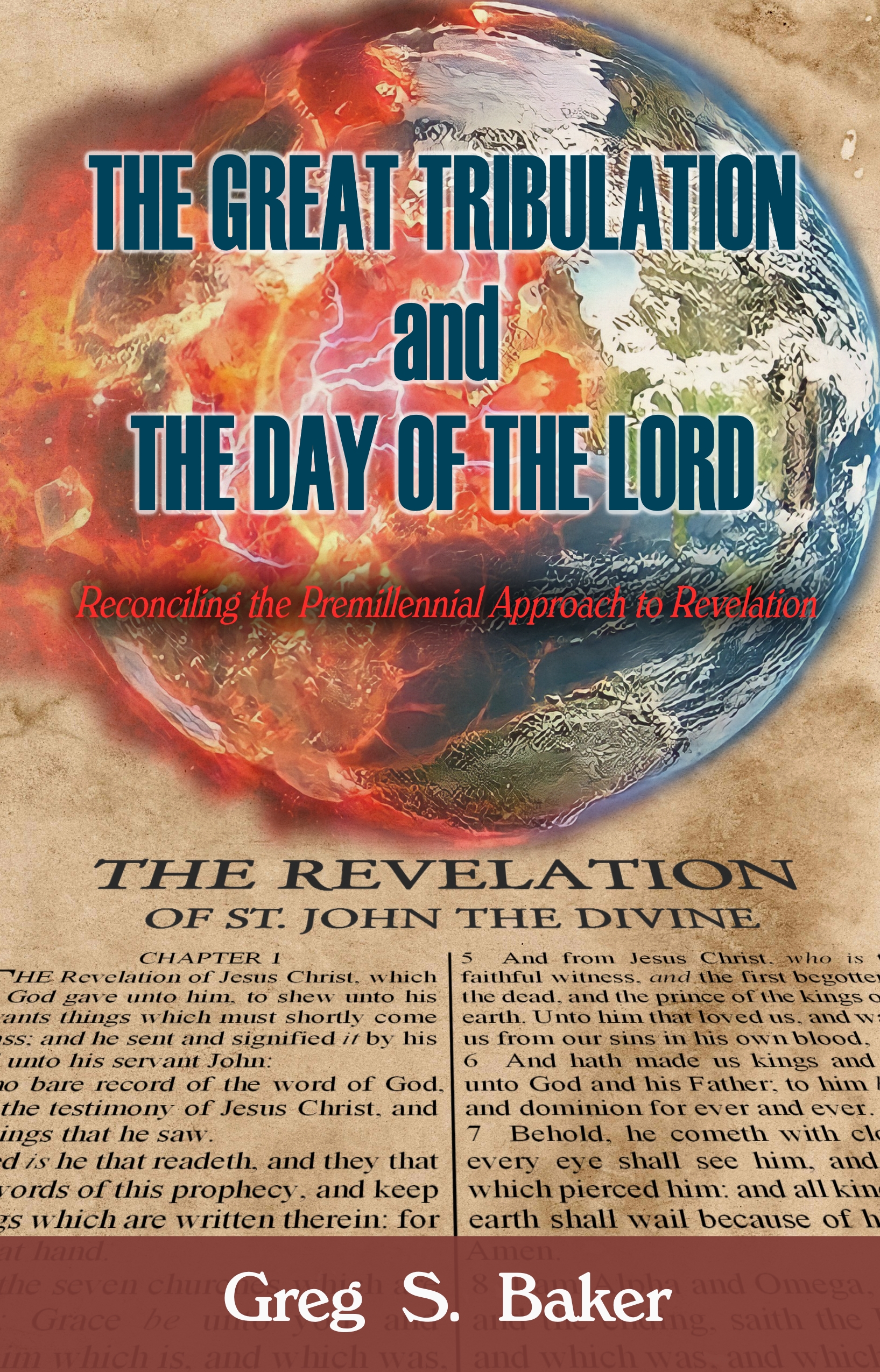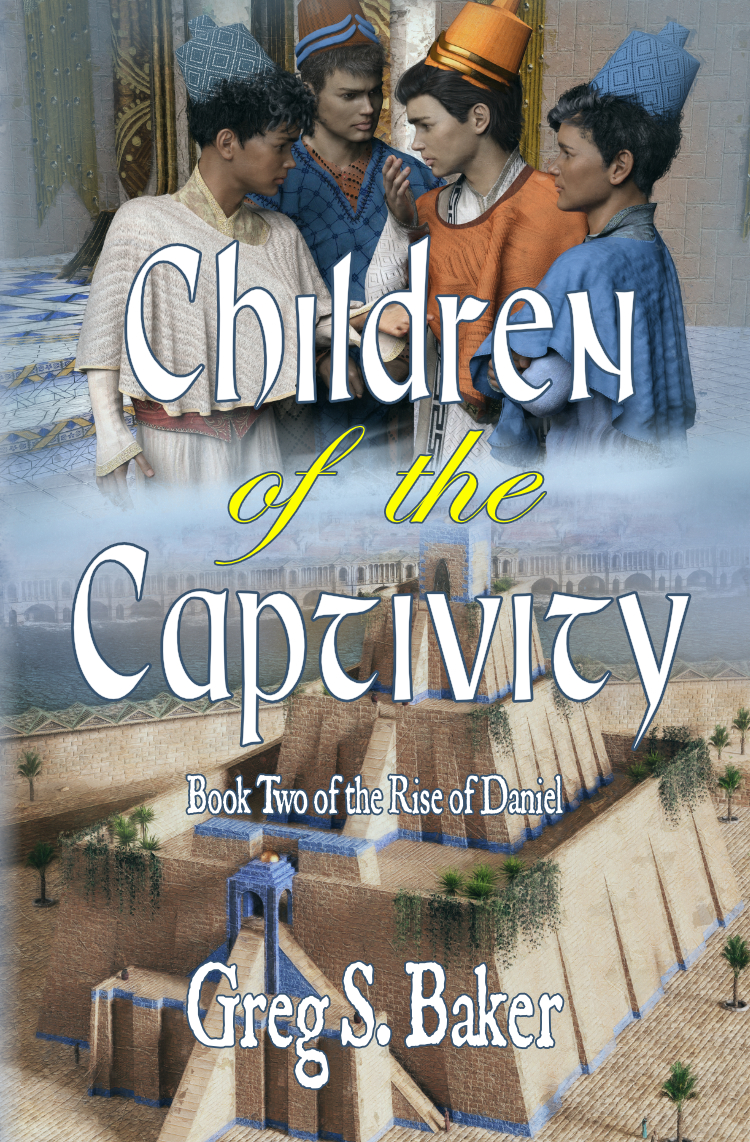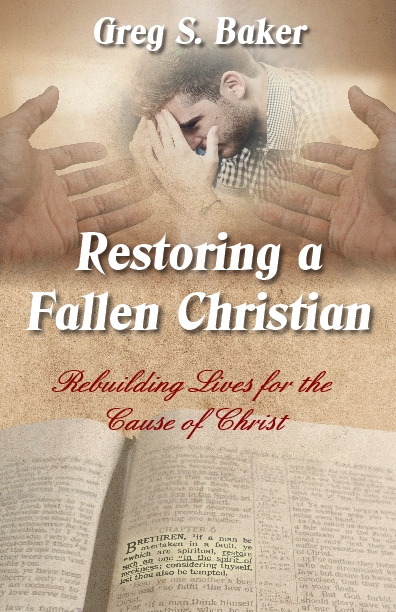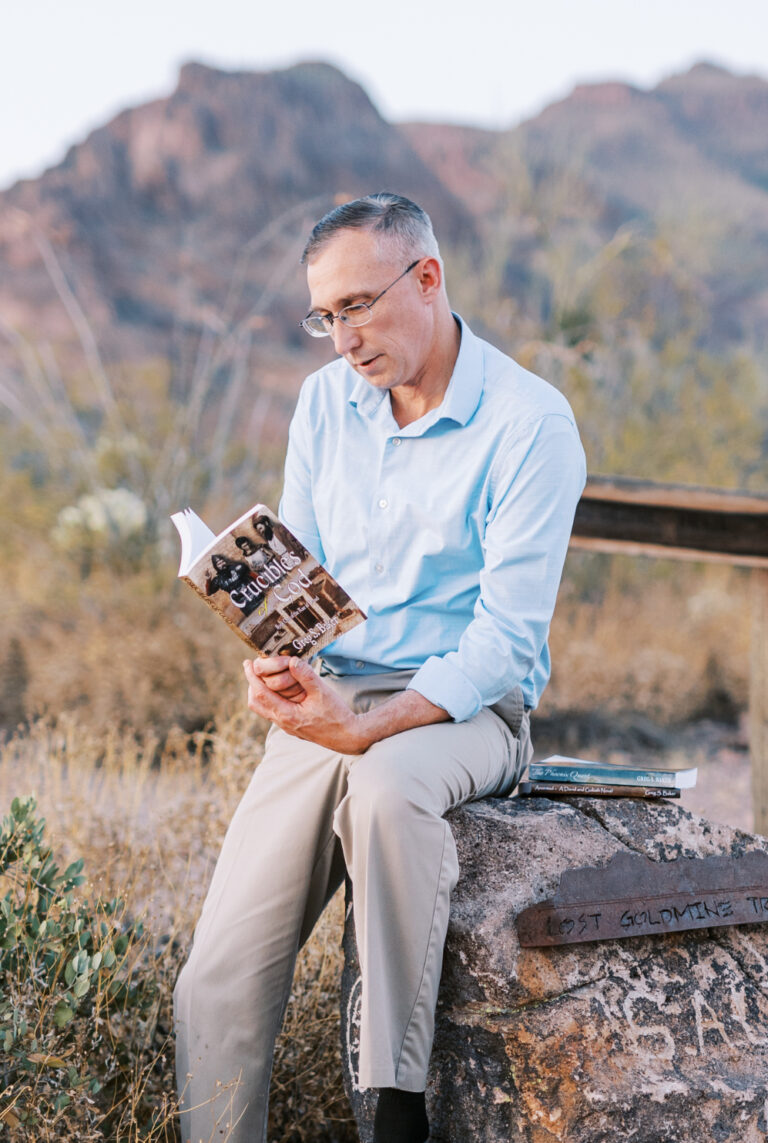From Gath to Hebron via Ziklag David, pursued on all sides, betrayed by some, beset by hunger and thirst, with no end in sight to Saul's predations, decides it is a good idea to return to Gath and offer himself and his men as mercenaries to the King of Gath, Achish, in Philistia. Initially, they're given a small section of Gath to live in...which displaces Philistine families, who already hate Hebrews for their losses in war. Anger reaches the boiling point. David is basically a hostage in King Achish's palace When his men report an incident, Dabid confronts Achish, who says the Hebrews have been there 4 months and he has nothing to show for it. They had agreed to a 50/50 split of plunder, but David makes an offer: He will attack the Hebrew city of Bethshan and sack it, and bring all of the plunder to Achish, 100%. Achish agrees. David has, however, picked Bethshan for a reason - syncretistic worship and intermarriage with unconverted Canaanites means most of the Hebrews are mixed Hebrew and Canaanite blood, and they almost all worship Molech, Baal, Ashteroth, and other pagan gods, and throw the Hebrew God into the mix. Since Moleech requires human sacrifice, much as Dagon, the main Philistine god, does, David decides how to go about it. He explains to his men what he wants to do and why - sack the pagan temples; if necessary, kill the priests who are mostly Canaanite anyway; plunder the 4 pagan temples (where most of the wealth will be anyway); escape by a different route. They sneak close into the city so that just as dawn is breaking, they'll have shot arrows to disable the guards, go over the walls on makeshift ladders, plunder the temples, avoid killing anyone unless absolutely necessary, & book it back to Gath by a different route. They succeed, & make a big show of how much loot they've gotten. Achish is pleased, but realizes that David wants something in return. David asks him for a nearby place to settle so that they don't cause any more strife in the city. Achish agrees to give them the ruins of Ziklag, not far from Gath, where shepherds sometimes hole up in the more intact ruins - 2 days later, they're on Ziklag, which is a real fixer-upper of a town. They chase the shepherds out and set about making it habitable. Anything, they've all decided, is better than Gath.Meanwhile, David has to convince Achish that he is sacking Hebrew towns when, in fact, he is rading the other enemies of Israel. He gathers the plunder, finds a Hebrew town, trades the under for Hebrew goods, and splits those with Achish. Achish is content, believing David is now hated in Israel and can be trusted. Saul's obsession with finding and ending David so that Jonathan can succeed him as king is now well known. Saul has dragged the army pillar to post huntong David, evennwhen he should have been elsewhere, fighting the Lord's battles. As a result, at one point, when David had been driven to southern Judah, he jad to defend Keilah from Philistine raiders. Another time, even though Jonathan warns Saul there are signs and rumors of a Philistine invasion force headed to his hometown of Gibeah, he had just found out David's location. Instead of assessing the threat from Philistia, he heads after David, only to have to turn back neaely immediately because the Philistine army is indeed invading. He immediately went back after David, repeatedly, and even whennhe stopped, Saul was still only worried about David's whereabouts & succession once he is gone. Jonathan has been inquiring of the Lord on behalf of his father and Israel, getting answers pertaining mostly to him, but somce he is at Saul's right hand in battle, it works out. The time comes when, knowing that Saul is primarily looking for David in the south of Judah (despite promising twice to leave off), and the 5 kings of the city-states of Philistia gather their forces to raid the north part of Israel, the Jezreel Valley. David wants to come along, and Achish lets him. While the Bible.says nothing about David's reasoning in wanting to go, the fact is that he has consistently refused to harm Saul as the Lord's anointed, ergo, the author makes the assumption that David was acting as a 5th column - a reasonable assessment. But wjen the other kings see him there, they demand Achish send him away. It is a good thing, and the Lord's hand is in it, because the Amelakites have attacked Ziklag and taken the women and children hostage. During their time in Philistia, the Lord has remained silent to all entreaties for guidance. David nevertheless needs guidance to recover the kidnap victims before they're harmed, so he asks the priest to inquire of the Lord, and repents of fleeing to Philistia without seeking God first. The Word of the Lord tells him that he will recover all. A forced march pver rocky, thorny ground, after having gone all the way to Northern Israel, being sent back, and finding Ziklag burning with everyone and everything gone, they are exhausted. Davis now plans something: he has sent gifts to the elders of Judah, asking to come home, but whether or not the answer is favorable, David doesn't plan on staying in Philistia a momemt longer than he has to. In a daring raid, the Amelakite population is significantly reduced and all the people, their possessions, plus plunder from their enemies, makes them invincible becaisenthe Spirit of the Lord falls on all the fighters. As they're making for home, the learn of the deaths of Saul and his 3 sons, and the disposition of their bodies, which they later learn was remedied by grateful men from Jabesh Gilead, whom Saul had rescued early in his reign. Just as they're ready for their departure, a small army comes to take David to Achish; the Philistines won and see no need for David or his men. The contingent sent to arrest Davidbis soundly defeated, and they leave for Hebron, heading hime at last, knowing David is now king.This is the final book of 5 books detailing, via historical fiction, the life of David from his anointing to his finally being crowned King at Hebron.


